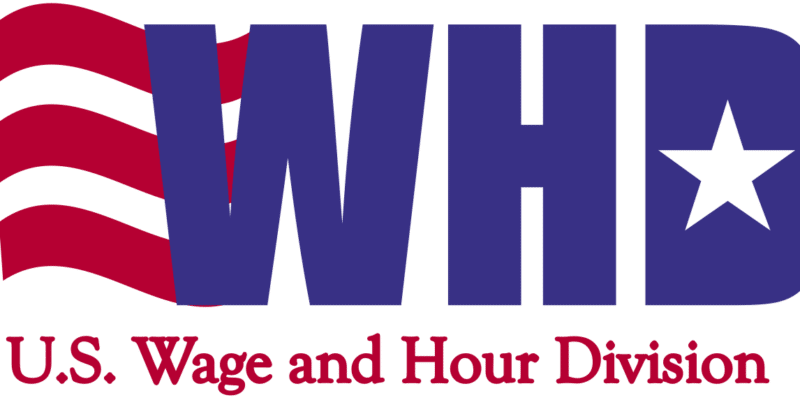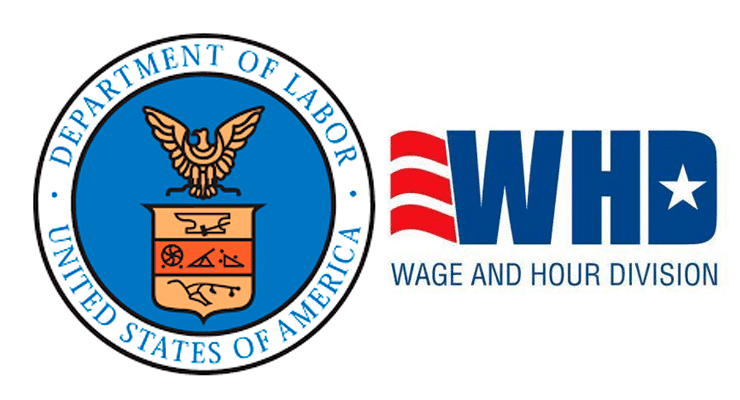January 30, 2024
The U.S. Department of Labor’s Wage and Hour Division will offer compliance seminars for contracting agencies, contractors, unions, workers and other stakeholders on the requirements for paying prevailing wages on federally funded construction and service contracts.
Part of the division’s effort to increase awareness and improve compliance, each day-long seminar will include sessions on the Davis-Bacon Act, Service Contract Act and other related topics. Participants can choose among the sessions offered throughout the day.
The seminars are scheduled on Feb. 27, May 15 and Aug. 29.
While seminar attendance is free, registration is required. Additional information, including links to the sessions for each date, will be provided to participants after registration.







